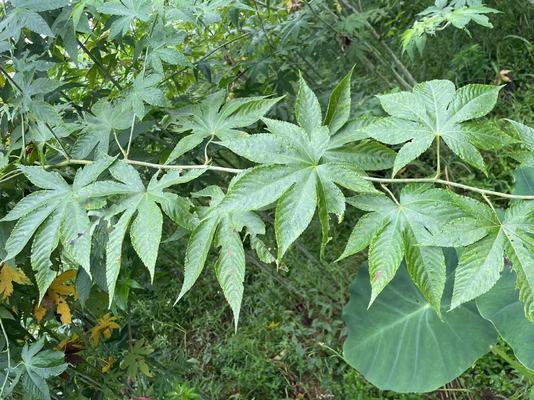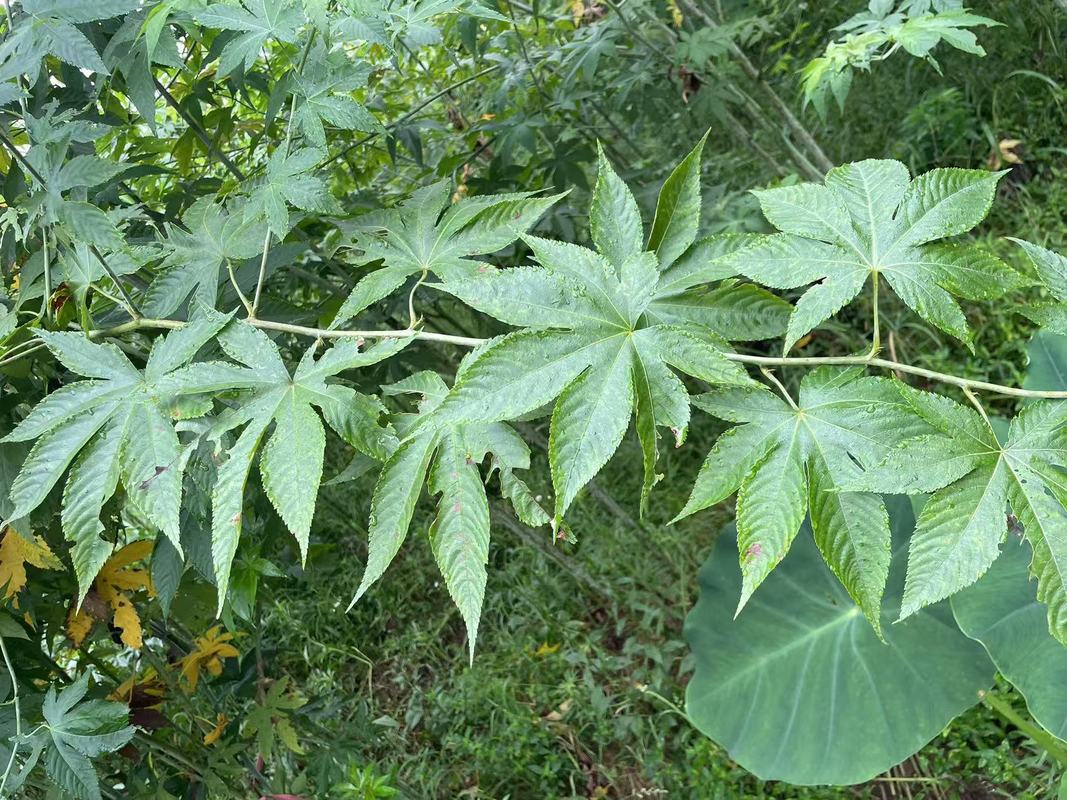-
Chinese NameFU PEN ZI YE
-
English NameRaspberry Leaf
-
SpecificationDried Root,Cut Slice,Powder,Extract Powder
-
ApplicationMedicine,Health Care Food,Tea Drinks,etc
-
TypesDried Root Medicine
-
Packing1kg/Bag,20kg/carton,as Per Buyers Request
-
Place of OriginChina
-
Brand NameGenus
-
Model Numberraspberry
-
Minimum Order Quantity1kg
-
Pricenegotiable
-
Packaging Details1kg/Bag,20kg/carton,as per buyers request
-
Delivery Timewithin 7 days
-
Payment TermsT/T,Western Union,MoneyGram
-
Supply Ability100 Tons
Natural Herbs Medicinal Plants Dried Raspberry Leaf Tea
What is Raspberry leaf?
Raspberry leaves, a name in traditional Chinese medicine.
They are the leaves of the plant Rubus chingii Hu, belonging to the Rosaceae family. They have the functions of clearing heat and detoxifying, improving vision, and promoting wound healing. The leaves are arranged alternately; the petiole is 3-4.5 cm long; the stipule is linear-oblong; the leaf is nearly circular, with a diameter of 5-9 cm, deeply 5-lobed in a palmate shape, the middle lobe is rhombic-ovate, the base is nearly heart-shaped, the margin has heavy serrations, both surfaces have short white hairs on the veins; the basal five-veined pattern.
In August, after the fruits are harvested, the leaves are cut off, washed, dried or sun-dried.
| Chinese name | Fu Peng Zi Ye |
| English name | Raspberry Leaf |
| Color | Natural |
| Specification | Whole, slice, powder |
| Usage | Pharmaceutical, extraction, tea |
| Origin | China,etc |
| Storage | In clean,cool,dry area; Keep away from strong,direct light. |
More introduction as Follows:
Raspberry leaf tea has the effects of replenishing water, refreshing the mind, and supplementing nutrition. It is effective in improving thirst, physical fatigue, and nutritional deficiencies.
Raspberry leaves are traditional herbs, commonly used to relieve gynecological discomfort and for antioxidation. They contain polyphenols, vitamin C and minerals, and their nutritional value is particularly notable for dietary fiber and trace elements.
1.Relieving gynecological discomfort
The leaves of the raspberry contain tannic acid and flavonoid compounds. They may help relieve dysmenorrhea or irregular menstrual cycles by regulating smooth muscle contraction. It is often used in traditional medicine for postpartum recovery of women, but it should be done under medical advice.
2. Antioxidant and Anti-inflammatory
The abundant polyphenols (such as ellagic acid) and vitamin C give it the ability to assist in reducing free radical damage, or it may alleviate mild inflammation, such as gum swelling and pain.
3. Promote digestive function
It has a high content of dietary fiber. Drinking it as tea may help alleviate constipation or abdominal distension, and its mild astringency also helps relieve mild diarrhea.


